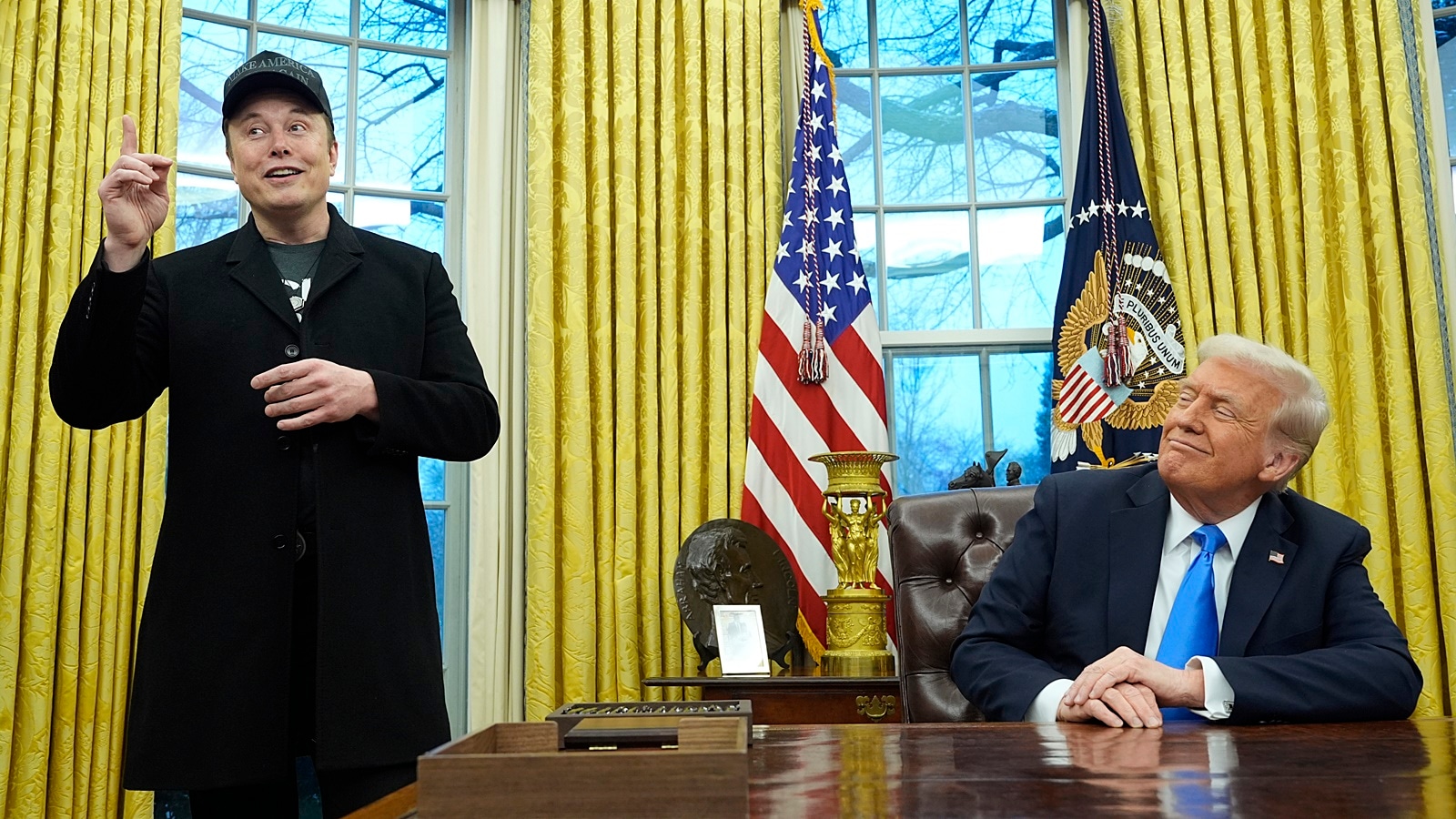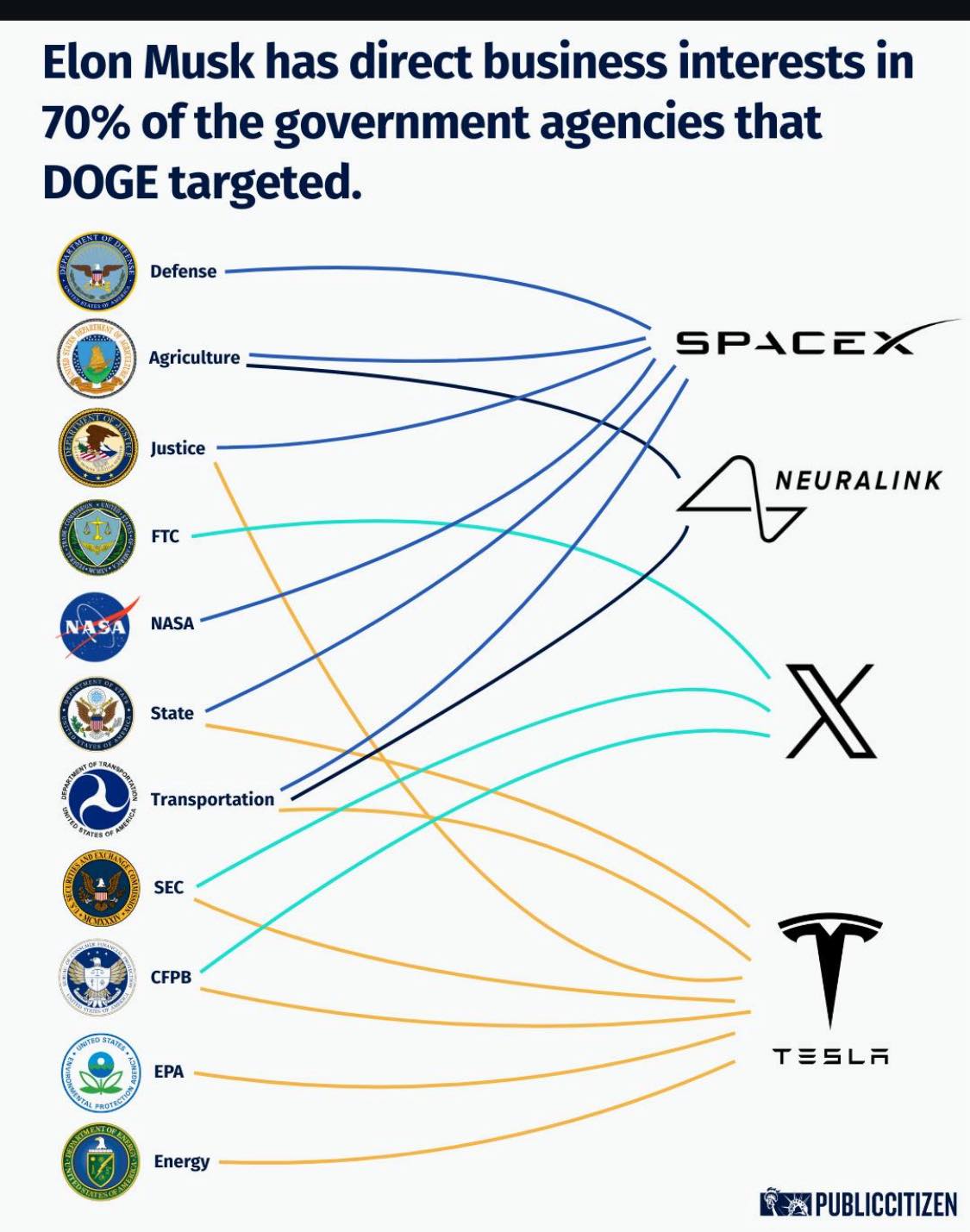Stay updated with the latest - Click here to follow us on Instagram
Big promises, small cuts: The rise and stall of Elon Musk’s DOGE
Elon Musk promised to cut $2 trillion in government spending - so far estimates indicate he's achieved just 3.75% of that goal.
 Elon Musk and Donald Trump (AP)
Elon Musk and Donald Trump (AP)$2 trillion. This is how much it would cost to buy 345 billion Big Macs or 727 billion Starbucks lattes.
That was Elon Musk’s pledge last spring at Madison Square Garden, vowing in front of a frenzied MAGA crowd to slash almost a third of the entire federal budget. Within hours, the figure had halved to $1 trillion, then shrunk again to a “realistic” $150 billion when the Department of Government Efficiency (DOGE) formally launched six months later.
Musk’s rapid back‑pedal set the tone for DOGE’s tumultuous tenure. Grand promises pared back, targets missed, and validation sought in the fine print of one‑off property sales and contract cancellations.
Six months on, new US Treasury data shows no meaningful dip in spending, and a Financial Times investigation found that fewer than half of DOGE’s claimed “savings” are verifiable. Of the $170 billion advertised on its “Wall of Receipts,” under 18 per cent corresponds to itemised cancellations. Of that, a third of those cancellations were preexisting end‑dates or “expired” agreements.
Dominik Lett of the Cato Institute summed it up, stating, “DOGE initially aimed for $2 trillion in cuts – then $1 trillion – now down to an optimistic $150 billion. Actual verifiable cuts? Less than half of that.”
At first, the audacity won Musk unexpected allies. Senator Bernie Sanders suggested he’d back slashing America’s “gargantuan” defence budget and an AP–NORC poll found that two‑thirds of voters agreed the federal government was “rife with corruption and inefficiencies.” Even plans to scale back USAID’s international programs resonated with voters as being in line with Trump’s America First policy.
But the goodwill evaporated predictably soon.
Inside the White House, officials fretted that Musk’s envoys lacked grasp of agency missions.
Fox News’s Jesse Watters publicly pleaded for a rehiring of a Pentagon pilot, and travellers panicked over rumoured FAA cuts after a fatal crash near Reagan Airport. Even Treasury Secretary Scott Bessent and Secretary of State Marco Rubio openly clashed with Musk’s team.
US President Donald Trump finally intervened at a March Cabinet meeting, urging Musk to use “a scalpel rather than the hatchet.”
Critics pointed to self‑dealing. Former Secretary of Labour, Robert Reich, who served in the Bill Clinton, Gerald Ford and Jimmy Carter administrations reposted a Public Citizen graphic on X highlighting a correlation between DOGE cuts and Musk‑owned companies, noting “since DOGE’s founding, federal regulators have not taken any public action in more than 40 regulatory matters concerning Elon Musk’s companies.” Senator Richard Blumenthal warned that Musk’s firms faced $2.37 billion in potential fines from precisely the agencies he was weakening.
 Musk faces several conflicts of interest (Public Citizen)
Musk faces several conflicts of interest (Public Citizen)
Contract by contract, DOGE’s arithmetic unravelled. Some $4 billion of its claimed savings stemmed from 155 indefinite‑delivery vehicles – framework agreements that impose no guaranteed spending. A touted $1.4 billion defence‑IT saving reflected a decision already made under the Biden administration. When The New York Times exposed dozens of reinstated contracts, DOGE quietly removed $122 million from its receipts.
At the National Nuclear Security Administration, the guardian of the US nuclear stockpile, DOGE operatives attempted to fire top security officers, only to be restrained by a court order.
Courts nationwide also ordered the reinstatement of tens of thousands of “probationary” employees, many career civil servants recently promoted, whose abrupt suspensions had sown chaos across Washington, DC.
However, those who criticise DOGE tend to be punished in return.
Several senior career officials at the Department of the Interior were placed on administrative leave after refusing to grant DOGE full payroll‑system access, a level of clearance that could, in theory, halt paycheques for Supreme Court justices.
Underpinning this turmoil is DOGE’s opacity. An executive order moved the team from the Office of Management and Budget, where it had functioned as the United States Digital Service, into the White House, placing it beyond open‑records laws. Few personnel names surfaced; those that did were Musk’s Silicon Valley allies – young AI engineers, former Tesla employees, and political appointees.
Silicon Valley‑trained engineers, unfamiliar with government protocols, triggered a wave of wrongful terminations that a federal watchdog estimates will cost taxpayers $135 billion in lost productivity. A Yale Budget Lab report noted that over 11,000 IRS departures could shrink future revenues by $64 billion in exchange for salary savings amounting to $6.9 billion.
Musk has also turned X into a megaphone for DOGE’s agenda. On the eve of the Consumer Financial Protection Bureau’s closure, he tweeted “CFPB RIP.”
When one staffer, Marko Elez, was fired for previous tweets such as “I was racist before it was cool” and “normalize Indian hate,” Musk didn’t issue a memo, he polled 220 million X followers, asking, “Bring back @DOGE staffer who made inappropriate statements via a now deleted pseudonym?” Of the 385,000 respondents, 78 per cent voted yes and Elez was promptly reinstated.
Yet, the initiative has delivered isolated wins. Over 75,000 federal employees accepted voluntary buy‑outs, and certain digitisation efforts, like a no‑paper federal retirement system championed by Airbnb co‑founder Joe Gebbia, streamlined processes. These modest reforms, however, paled next to DOGE’s failures to tackle Social Security, Medicare, and Medicaid – programs comprising over half of federal spending – and its inability to curb a projected 10 percent rise in defence outlays next year.
Last month, Musk quietly handed DOGE’s reins to a career official, stepping back as his political gambit had wiped hundreds of billions from Tesla’s market value. “Is Buddha needed for Buddhism?” he quipped when asked whether DOGE could endure without him. The next test for DOGE will be whether it can finally practice the transparency it demands of others, because without it, even the grandest pledge remains just another tweet.
- 01
- 02
- 03
- 04
- 05































